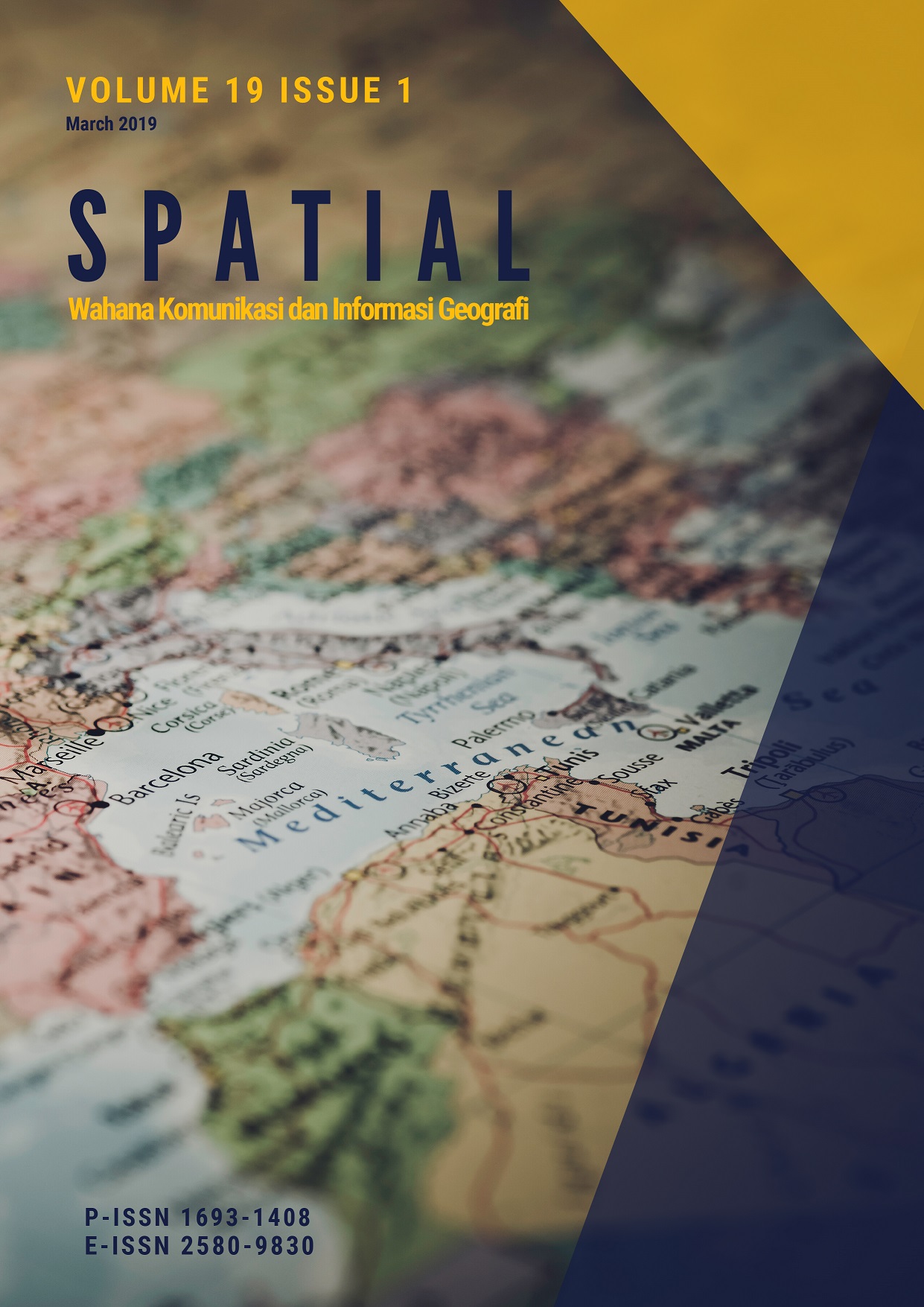Improving Social Science Learning Outcomes Through Mimicry Memorization Method for Class 9.2 Odd Semesters at SMP Negeri 2 Bekasi, Bekasi City
DOI:
https://doi.org/10.21009/spatial.191.03Keywords:
Learning motivation, Mimicry Memorization, Class ActionAbstract
In Cycle I, 40 students had an average of 64.6. This average score is still below SKBM which is 75. The number of students who get 60 are 21 students with a percentage of 52.5% and students who get 70 are 19 students with a percentage of 47.5%. From these results, then the second Cycle activity needs to be held.
In the second cycle, the student has an average value of 73.5. This is still below SKBM wich is 75. It is seen that there are 4 students who get 60 with a percentage of 10% and 18 students who get 70 with a percentage of 45%. Moreover, 18 students scored 80 with a percentage of 45%. So from the results of the study achievement above which have not fulfilled the specified SKBM, Cycle III activities need to be held.
In the third cycle, 40 students have an average score of 76.5. This is still below SKBM which is 75. There are 4 students getting 60 with a percentage reached 10% and 10 students who get 70 with a percentage of 25%. Moreover , there are 22 students who scored 80 with a percentage of 55%. There are also 4 students who get 90 with a percentage of 10%. So from the results, the average score still have not fulfilled the specified SKBM, then there is no need for the next Cycle activity
Downloads
Published
How to Cite
Issue
Section
License
An author who publishes in the journal SPATIAL Wahana Komunikasi dan Informasi Geografi agrees to the following terms:
Author retains the copyright and grants the journal the right of first publication of the work simultaneously licensed under the Creative Commons Attribution 4.0 License that allows others to share the work with an acknowledgement of the work's authorship and initial publication in this journal
Author is able to enter into separate, additional contractual arrangements for the non-exclusive distribution of the journal's published version of the work (e.g., post it to an institutional repository or publish it in a book) with the acknowledgement of its initial publication in this journal.
Author is permitted and encouraged to post his/her work online (e.g., in institutional repositories or on their website) prior to and during the submission process, as it can lead to productive exchanges, as well as earlier and greater citation of the published work (See The Effect of Open Access).
This work is licensed under a https://creativecommons.org/licenses/by/4.0/









